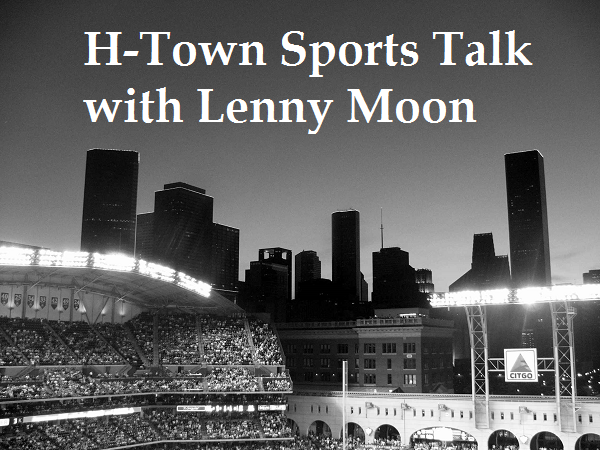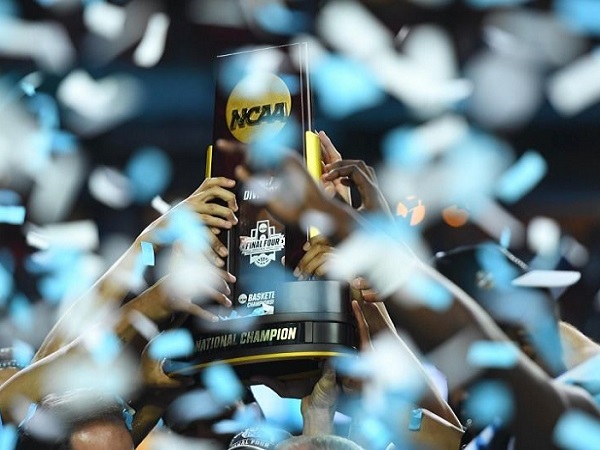What is likely to happen over the next several years in the entertainment, media, and sports space? Over the last year we have seen significant consolidation in the industry through mergers and acquisitions. For example, AT&T-Time Warner, Disney’s purchase of Fox’s entertainment library, and ViacomCBS becoming one, again. Hulu is now under the near sole control of Disney. Netflix will have competition from Apple+, Disney+, HBO Max (Warner Media), and the existing Amazon Prime Video platform. Maybe as a sign of things to come, HBO Now (which is the likely predecessor of HBO Max) recently ran an advertisement that includes its service and Cinemax for $19.99 a month through Prime Video.
More recently, existing and new content streaming players are scaling their businesses by brokering deals to reach more customers through mobile carriers. Disney+ will now stream for free to Verizon users. Hulu is already included for Sprint customers as is Netflix for T-Mobile users. Jeff Katzenberg’s (formerly Chairman/CEO with Disney and DreamWorks) Quibi service will also be available to T-Mobile customers.
The industry has also seen Twitch (the Amazon-owned gaming and streaming platform) show interest in bidding on live sports content rights in an attempt to reach a younger audience. Twitter and Facebook have secured similar deals in the past. Most recently, Major League Baseball streamed select live regular season games on Facebook. Amazon Prime Video is also streaming weekly Thursday Night Football matchups via the National Football League.
YouTube has been streaming live sports matches including the National Hockey League and Major League Baseball games/playoffs (including sponsorship dollars through advertisements), not to mention nearly all Seattle Sounders and LAFC matches via Major League Soccer. ESPN+ was also launched.
Interestingly enough, Katzenberg’s Quibi, which is based on a short-form content model, is following a trend in distribution, specifically sports, where growth is largest among highlights as opposed to full length or live games. This makes sense as people’s attention spans shrink and sports betting becomes more prevalent. People are simply more interested in content now or whenever and less patient with content on a schedule developed by someone else. The quickness and length of content delivery also has financial implications now via the betting connection.
Lastly, despite talk of international expansion and cooperation, Major League Baseball is consolidating its Minor League system to establish more control, lower costs, and help with collective bargaining negotiations in the future. Meanwhile, the National Basketball Association is up against significant disagreement when it comes to domestic policy in China.
Therefore, what is likely to happen? More of the same. Platforms will become like cable companies that acquire apps of content versus channels of content. Platforms, especially the newer and tech ones (e.g., not Netflix) will continue to purchase entertainment, media, and sports content, versus specializing in one. Sports leagues like other entertainment studios and streamers will continue to find more efficient and better ways to distribute content and reach younger viewers. It is also possible to see cable companies work with streamers to get more seasoned viewers to switch to streaming use on streamers they own (e.g., NBCUniversal via Comcast).
























